Fall, winter, spring. For many students these are the seasons of unreasonable amounts of school waiting for summer, but for student-athletes these are the days and months where they are able to dedicate themselves to more than just academics. Though their days seem stressful and overwhelming, these are mainly misconceptions.
Though they are not yet D1 these athletes practice year round.
“If I’m not in cross country, I’m doing preseason for track or I’m doing preseason for cross country,” cross country athlete Owen Zitek (12) said. “So there’s not really training outside of my school sport.”

But it’s not just the varsity runners who have to train year round; at Grandview the three seasons that school athletics are happening aren’t the only seasons student athletes improve.
“I practice probably close to 4-5 times a week with club,” soccer athlete Gaby Hansen (11) said. “ We play games once or twice a week, and then we travel,”
Though long practices take up a lot of time throughout the year, anxiety levels are kept low for most varsity athletes.

“I think I’m probably less stressed, it depends on how much practice I had that day and what tests I had,” swim athlete Kadia Crumb (11) said. “I’m usually less stressed just because swimming is a really good stress reliever.”
Even though they have demanding athletic schedules it doesn’t stop athletes like Crumb from getting the proper 7-8 hours of sleep that they need, but some athletes seem to be getting less sleep on a regular basis.
“[Practice] can go so late in the day it takes away from my homework time and then it makes me later and then going to bed,” Zitek said.
Even though there is stress in being a student athlete, it doesn’t come from their athletics, but rather from their academics.
“Soccer [practice] is scheduled, but I could go on for hours with school work,” Hansen said.
When grades and sports do get stressful, student athletes find motivation to keep going and keep succeeding in both school and sports.
“When I do well, I think I am more motivated to do school,” Zitek said. “ When I’m not feeling my best in my sport, I am not feeling my best in school,”
One of the most important parts of being a varsity athlete is forming bonds with teammates; they are the people that you spend so much of your time with, and those relationships can depend on whether an athlete is on JV or varsity. Many believe that varsity athletes have weaker relationships because they seem to always be competing with one another, but that is actually not the case.

“Actually, I think they are the same. I didn’t find any difference. I have just as good of relationships and I feel like you continue those relationships on varsity when those players move up with you,” Hansen said.
Some people even find that relationships are stronger on varsity than when they were on JV.
“Being on a varsity team, we are so much closer than when I was on a JV team,” Zitek said.
Though practicing is a big commitment for varsity athletes, it is no match for the days of games or meets.
“I’m making sure I’m eating every two hours so I am snacking in all my classes,” Hansen said. “I’m making sure I’m drinking a bunch of water, and sometimes I go in to talk to coaches about game plan.”
In contrast, some other athletics have very different game day routines.
“I tend to not eat a lot and just listen to music, and just try to stay focused on the goal,” Zitek said.
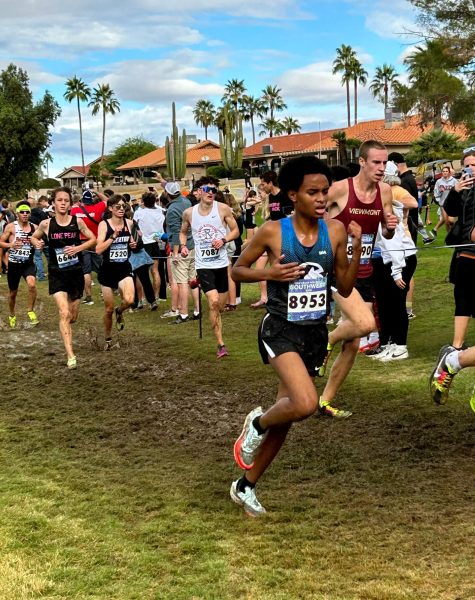
Though their days seem crazy, Hansen can appreciate the role a school sport plays in her life.
“You feel like you have a place instead of feeling lost in all the numbers.”


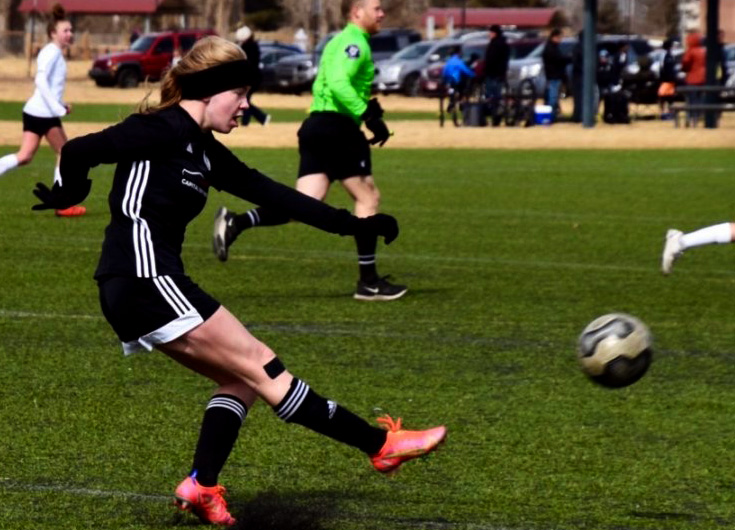
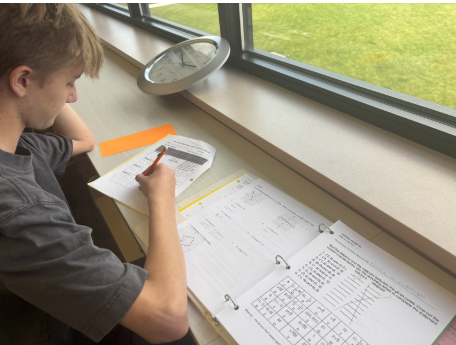


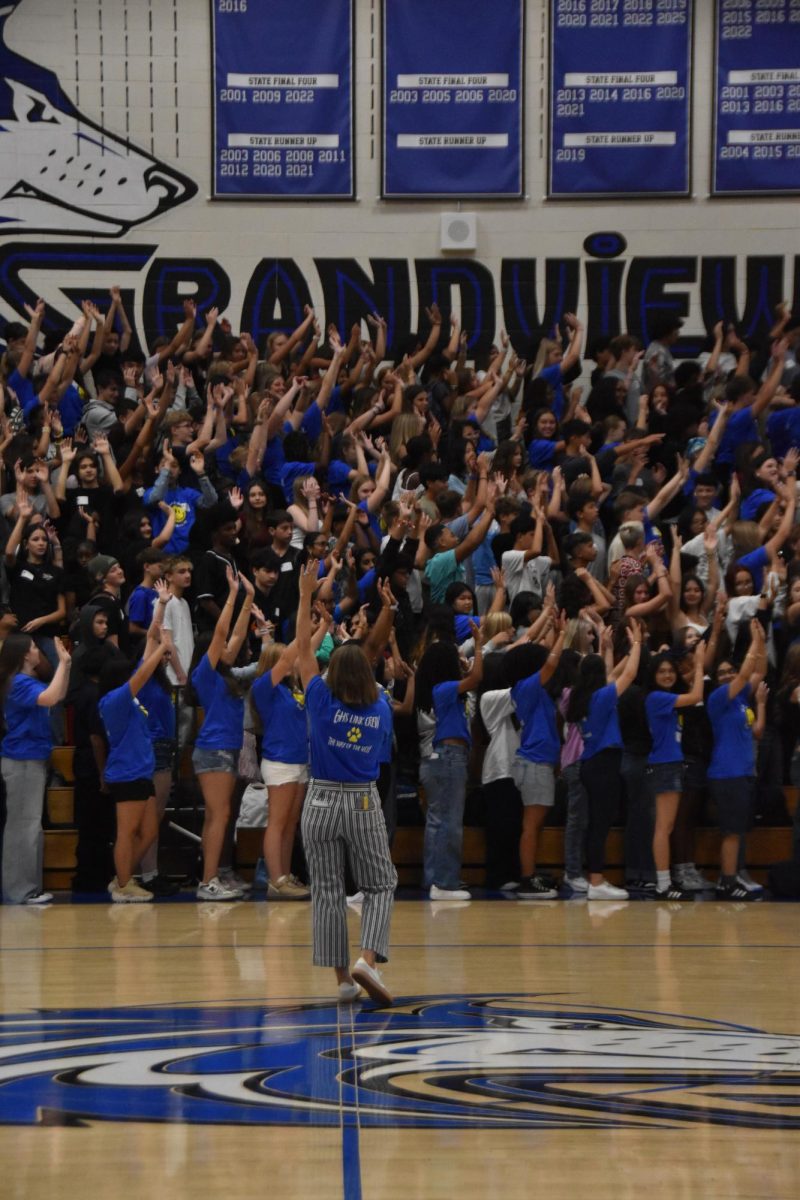

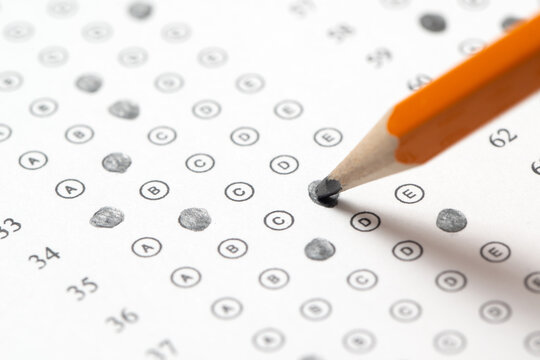



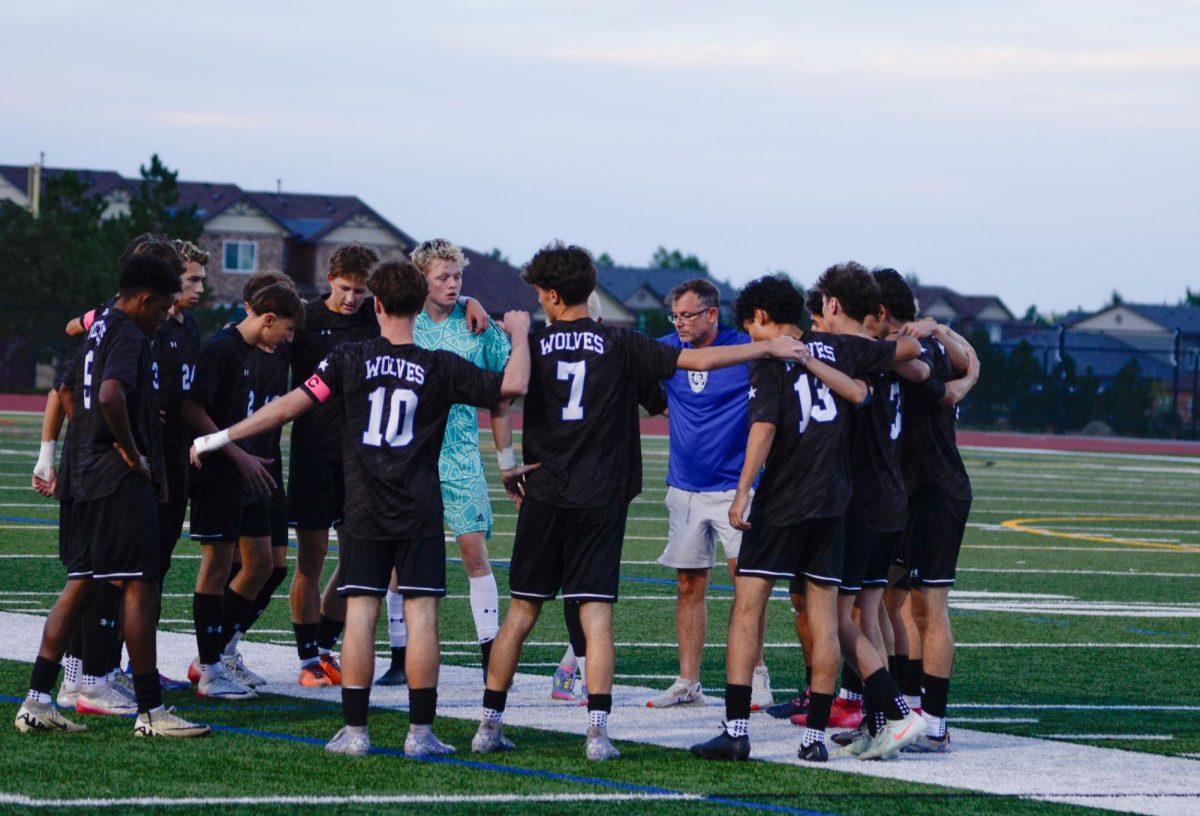
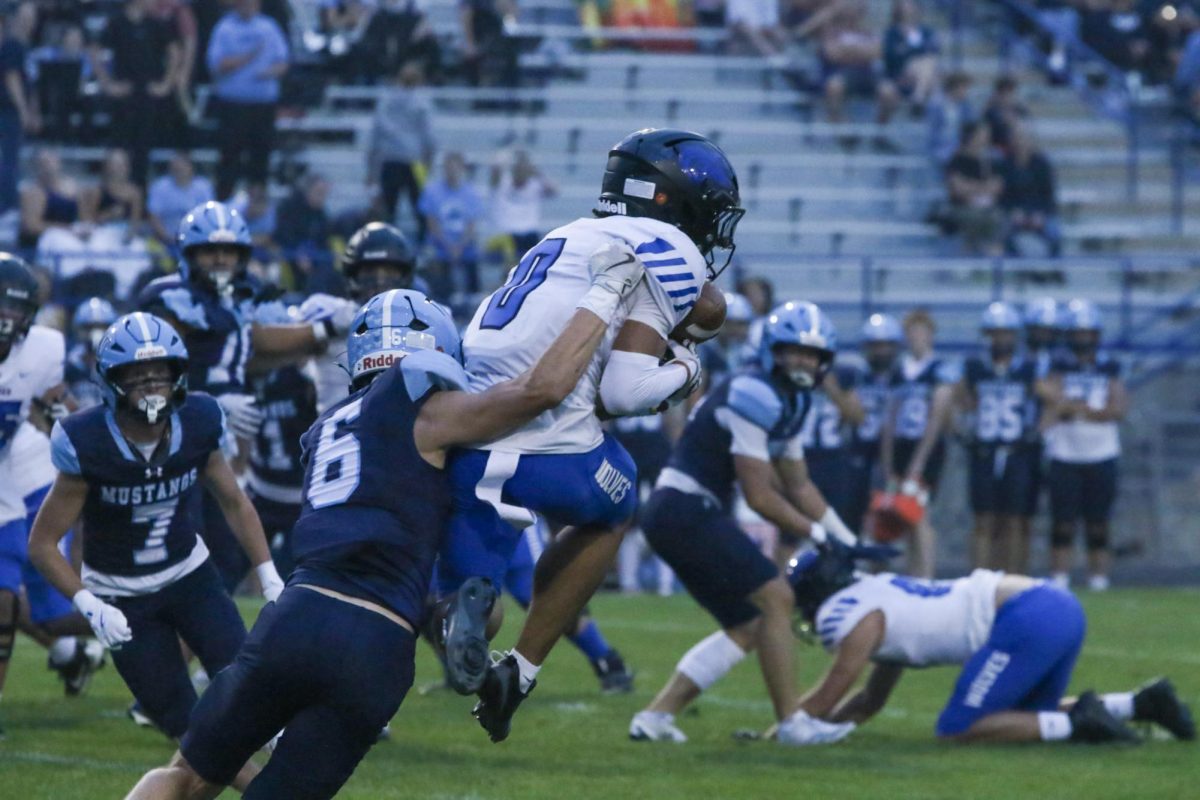
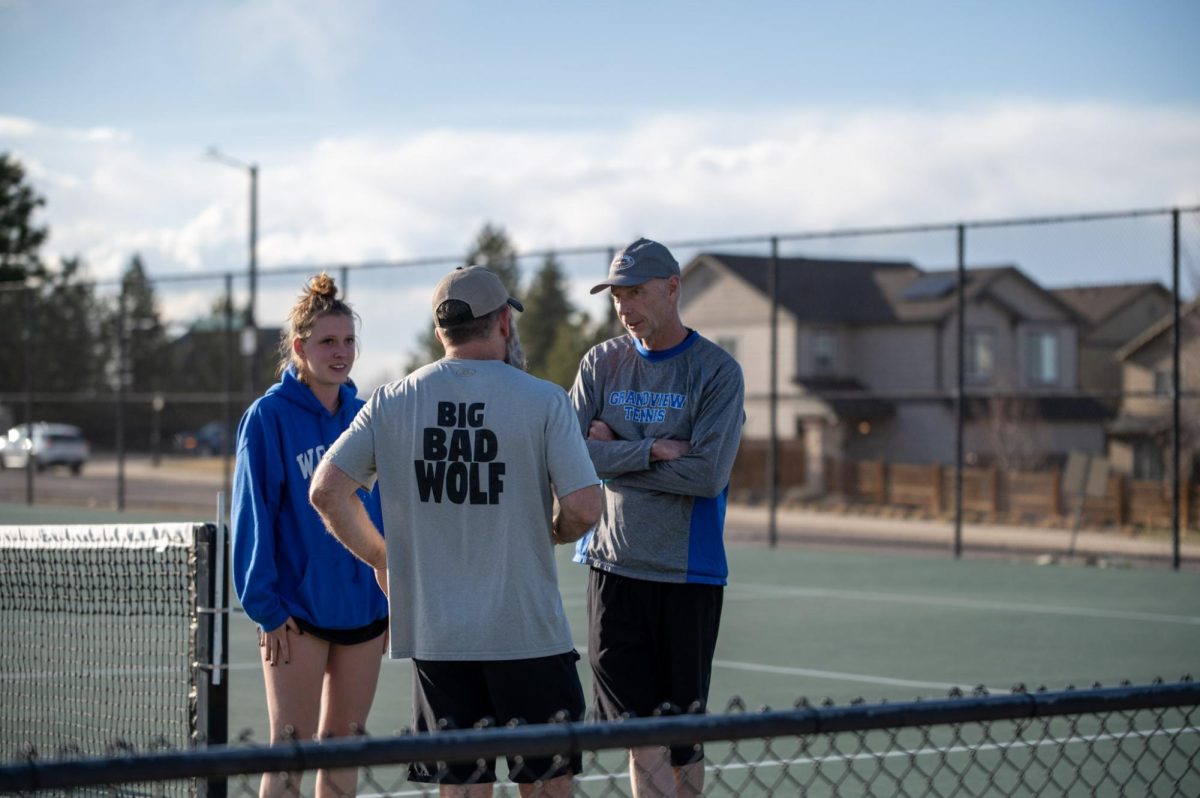
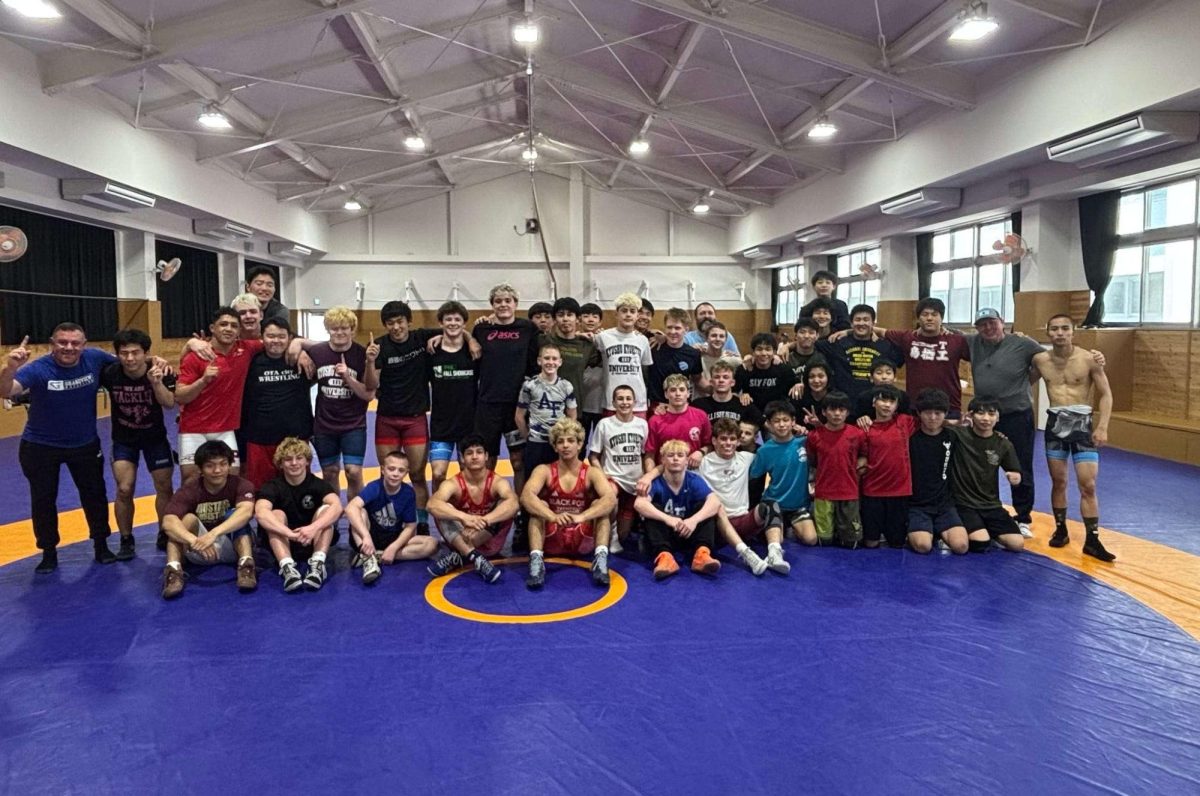
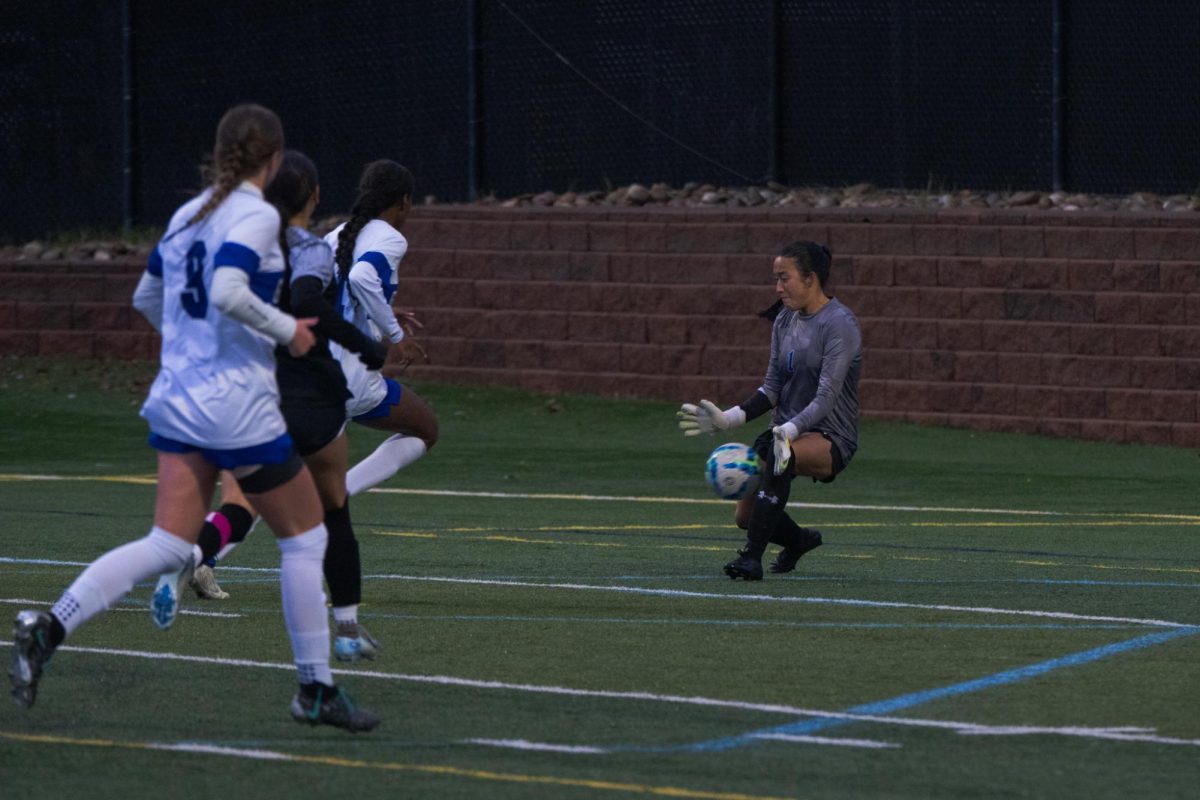
![Baseball Defeats Smoky Hill 11-3 on Senior Night [PHOTO GALLERY]](https://ghschronicle.com/wp-content/uploads/2025/05/Chau_BSB_Smoky-Hill-022-1200x800.jpg)